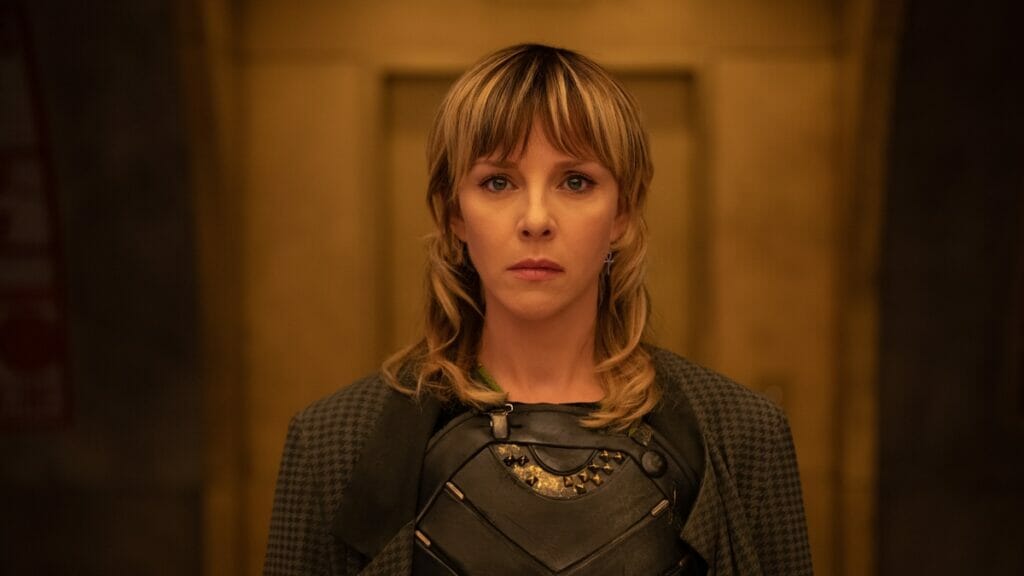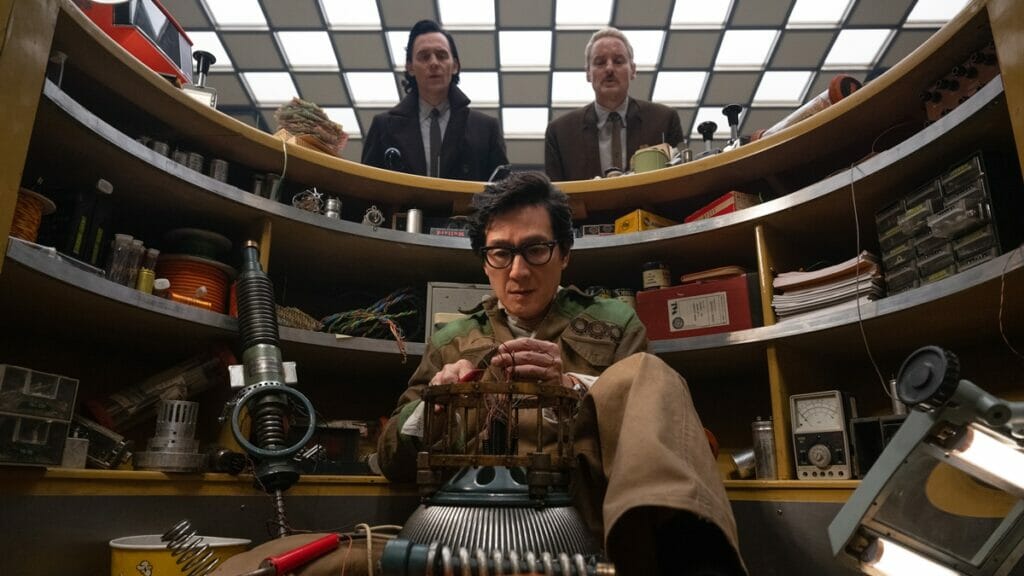Read also:
How to Watch FX Live Without CableHow To Watch AMC Without CableHow to Watch ABC Without CableHow to Watch Paramount Network Without CableDespite a weightlessness, there’s lots to like in the Disney+ series’ return.
This piece was written during the 2023 SAG-AFTRA strikes. Without the labor of the actors currently on strike, the works being covered here wouldn’t exist.
One of the common complaints about Marvel’s attempts at multiverse storytelling is that it renders everything meaningless. If there is another Ikaris of the Eternals out there—or a possibly infinite number of them—why should one care if the one in front of us dies? Generally, this writer finds the argument unconvincing. If I told you there were infinite versions of your friend out there in the multiverse you might someday meet, you’d still care quite a bit to see your version die in front of you.
Nonetheless, the argument points to one storytelling issue that can leap across worlds and timelines at will. How do you build tension if you can’t define the stakes? Unfortunately, Loki Season 2 doesn’t offer a thoroughly compelling argument regarding that question in the four episodes provided to critics. Too frequently, watching, alongside the characters, entire worlds—and billions of lives—blink out of existence fails to elicit much of an emotional reaction. Those worlds and lives feel too theoretical, too metaphorically and literally far away, to make an impact.
It is all the bigger shame that the show hasn’t yet found a way to sell what’s at stake because, in most other ways, it’s great to be back at the TVA alongside the God of Mischief and his not-so-merry band of coworkers.

For one, at least so far, the series doesn’t seem afraid to honor last season’s developments. Too often, shows like this quickly return to the mean to try and recapture the first go’s magic. Instead, Loki Season 2 embraces the change. Gone are the “will he go bad” dynamics of Season 1 regarding our titular protagonist (Tom Hiddleston). With that, how he relates to the rest of the cast also changes. Delightfully, this doesn’t ruin his buddy cop vibes with Mobius (Owen Wilson). Instead, it pushes them from 48 Hours territory to something more akin to Brooklyn 99’s loving but not afraid to get under a friend’s skin with a good gag vibes.
It also gives Hiddleston a broader emotional palette to play. Now that it’s clear he’s in his redemption era, there’s less need for him to hint at possible betrayal after every heroic gesture. That lets the audience more in on the joke when he puts his mischief to good use against his opponents. A scene where he conjures a collection of 80s British street toughs and then subdues a target with giant shadows sticks out in the early-going.
[I]t’s great to be back at the TVA alongside the God of Mischief and his not-so-merry band of coworkers.
His personal growth also colors his relationship with Sylvie (Sophia Di Martino). For the first time in perhaps eons, the God of Mischief seems to be trying to save someone from themselves instead of vice versa. That could render some bland or flat, but Hiddleston effectively finds the edges of Loki to make it work.
The updated ensemble is largely a good thing. Ke Huy Quan brings his affability to full use as Ouroboros, a tech genius puttering away in the TVA’s bowels. If he is all he appears at first glance, he’ll be a season-long delight. However, there are hints that the character has a far more significant role in the TVA’s history, suggesting Quan will get to show off some of the versatility he demonstrated in Everything, Everywhere, All at Once. If it goes that way, that’ll take him from treat to very cool complexity. On the antagonistic side of things, Rafael Casal is great fun as a weaselly bad guy who is happy to take advantage of the timeline chaos to finally live his best life.

Other changes are encouraging but still chiefly in the realm of potential. For example, the inclusion of B-15 (Wunmi Mosaku) as a more central character is very welcome. However, four episodes in, the show isn’t often serving Mosaku moments worthy of her talents. When it does, the results are great, as when she decks a time criminal while decked out in a gorgeous tangerine dress or quietly conveys her desperation to save doomed timelines.
Finally, there’s the look of the show. Building on its strange mix of far-future sci-fi, 70’s office building aesthetics, and random steampunk elements, Loki Season 2 continues to have the most visually interesting world of any of the MCU’s TV series. That’s, perhaps, damning with faint praise, but it still captures the eye. Additionally, directors like the team of Justin Benson and Aaron Moorhead deliver well in this environment, making it a backdrop that doesn’t just look good but gives creators an inspiring place to work.
A few words regarding Jonathan Majors. He’s in this season, although, so far, perhaps not as much as one might expect. Whether that’s too much is entirely up to each viewer. Given his alleged actions, this reviewer feels it inappropriate to spend more time on his work beyond confirming his presence.
Loki Season 2 is burdened with glorious purpose beginning October 5 on Disney+.